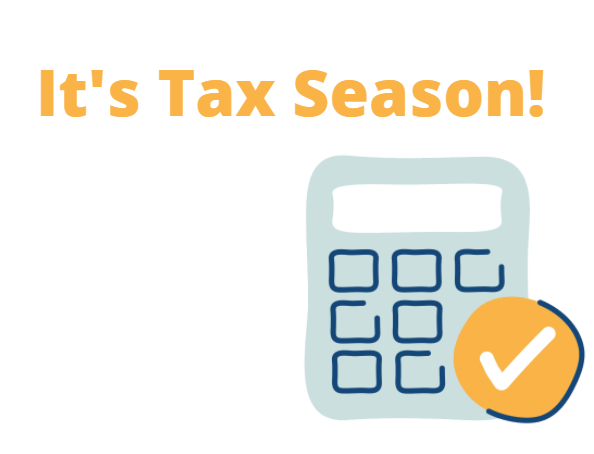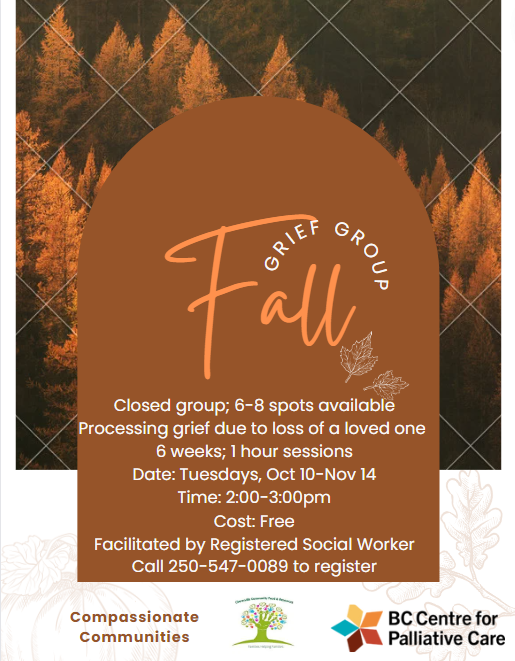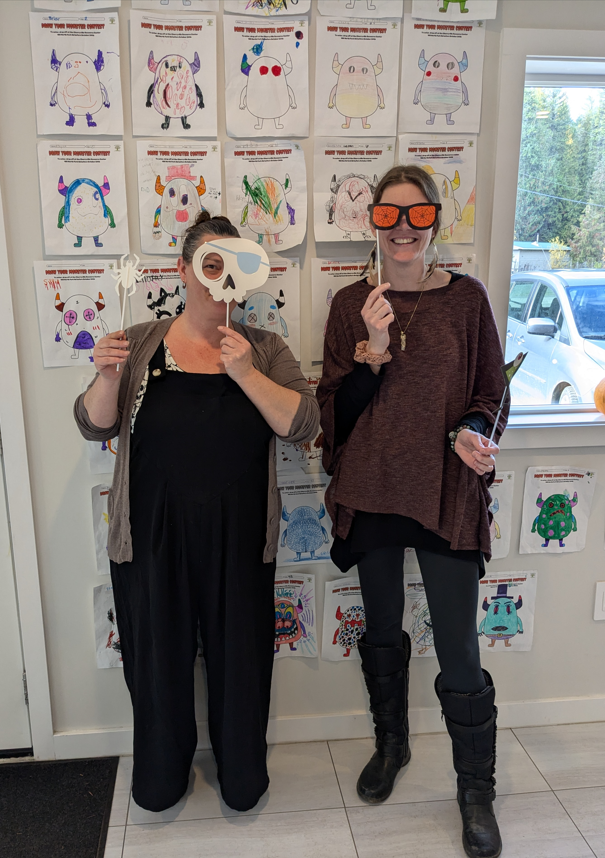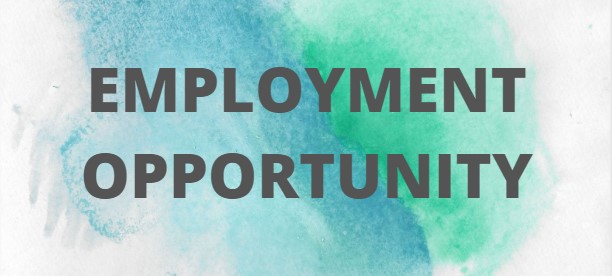FOOD BANK FLOOR MANAGER
Position Summary
The Food Bank Floor Manager oversees weekly operations of the Cherryville Food Bank, which includes communicating and networking with community members and organizations, coordinating and supervising volunteers, sorting, and breaking down food, computer and clerical work, driving the food truck, and basic housekeeping of the food bank building.
Education, Training, and Experience:
- Any experience in a manager type role is an asset
- Working on a team and performing duties as a team player is required
- Familiar with Cherryville area is preferrable
- Knowledge and experience of working in the food industry is an asset
- Excellent interpersonal skills and the ability to build strong, collaborative relationships
- Technical skills (computer savvy, able to use excel and word, etc.)
- Valid BC Driver’s License and clear driver abstract
- Satisfactory Criminal Record Check with Vulnerable Sector
- Must have up-to-date food safe
Work Performed
Duties and Responsibilities for this position include:
- Managing all aspects of food security services (monthly hampers, weekly drop-ins, stocking community fridge, Christmas hampers event, Community Garden support, working collaboratively with Senior Meals staff)
- Managing food orders through established partnerships (i.e., NFSS, partner food banks, etc.)
- Utilizing/maintaining food bank equipment (freeze drier, walk-in fridge/freezer, food truck)
- Scheduling and coordinating volunteers to carry out specific tasks and responsibilities
- Networking and working collaboratively with local stakeholders to grow food bank services
- Requires physical ability to move, pick up, and stack heavy boxes
- Tracking and reporting (maintain call log, compiling data, taking notes/records, etc.) and checking in with ED/President on regular basis, providing monthly reports and sharing data
- Confidentiality Agreement must be signed and adhered to. CCF&RS has a zero-tolerance policy for discrimination and/or breaking confidentiality, upholding privacy of food bank recipients is critical
- Must adhere to COVID-19 guidelines, policy, and protocols
Hours
This is a part-time position, consisting of 17.5 hours per week at 21.00/hour (includes MERCS). Thursdays are typically Hamper days and remaining hours may be flexible outside of food pick up times with our partner organizations.
Qualified applicants are invited to submit resume with at least two references by email to:
Meghan Derkach, Executive Director at meghan.derkach@hotmail.com
We thank all applicants for their interest in this position, please note only the applicants under consideration will be scheduled an interview.





